December 13, 2019
Historical instances when the very nature put an end to the conflict
Weather and temperature can stop armed conflict and defeat the strongest and most experienced army, reminding unreasonable people who is in charge on this planet. We have no chance to resist this force.
The first case: Typhoon protects Japan from the attacks of the Mongols
This happened in the 13th century, when the Mongols actively seized new territories and easily conquered entire States. It was the turn of Japan-about 40 thousand Mongolian soldiers went a powerful fleet of almost a thousand ships to the shores Of the land of the rising sun. Suddenly, it was defended by nature. The strongest Typhoon sank almost a third of the entire Mongolian flee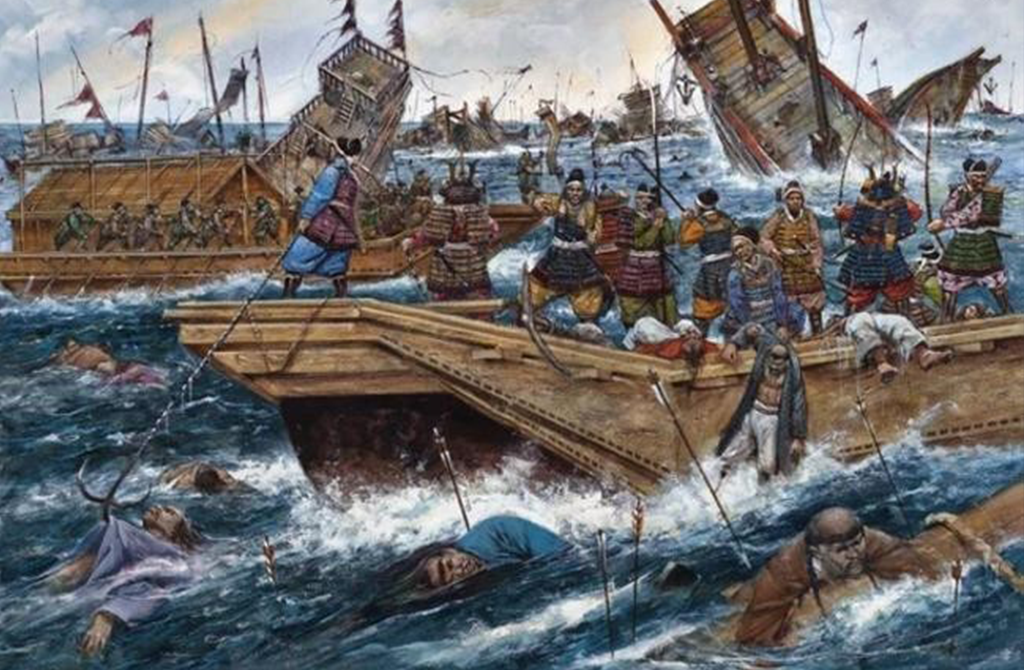
A few years later, the Mongols returned, but they were again met with failure in the face of an even more powerful Typhoon. He dealt even more ruthlessly with the Mongol ships. It was then in the Japanese language entered the word "kamikaze", which translates as "divine wind", and the tradition of honoring the gods responsible for the forces of nature.
Case two: an island that didn't want to belong to anyone
At the end of the last century, a conflict broke out between India and Bangladesh. Both countries claimed a small island that appeared in the ocean 50 years before the events described. There was nothing remarkable in this land, but the States certainly wanted to plant their flag there.
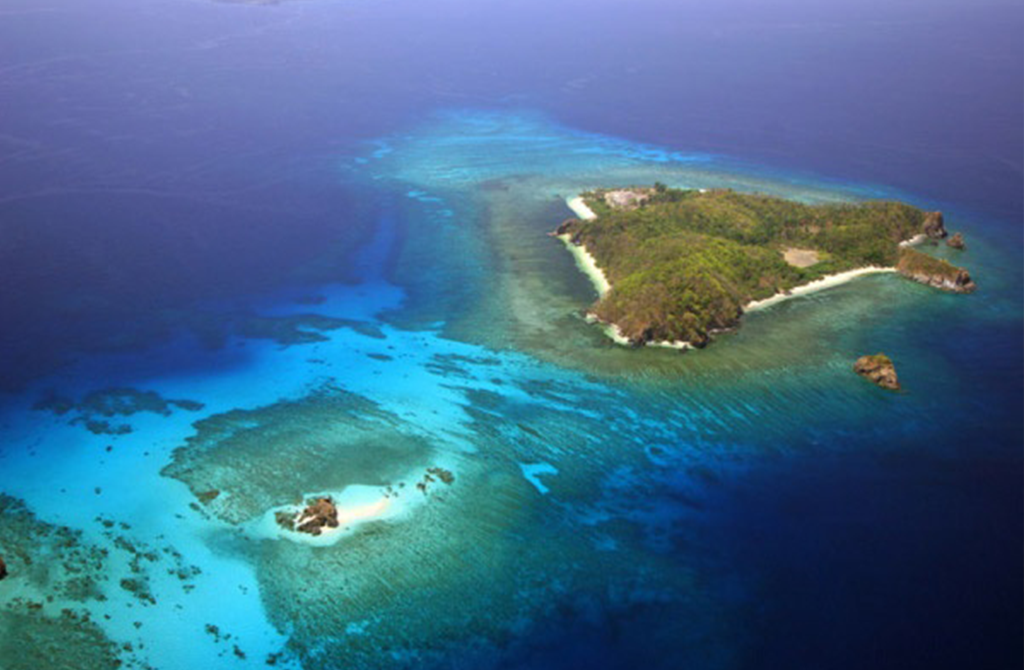
Nature had her own way: the island slowly but steadily began to sink back into the ocean waters. Already in our time, in 2010, he finally disappeared from the face of the earth, leaving both countries "nose".
Case three: the coldest Russian winter dealt with the superpower
About Russian winter compose legends. Foreigners are sure that the inhabitants of one-sixth of the land even in the summer do not part with valenoks, and in winter there are such frosts that bears resort to bask to people from the forest. In the early 18th century, the frivolous Swedes, representatives of one of the most powerful at the time of the world powers, decided that they knew enough about winter to make another hitchhiking capture of Russian lands.
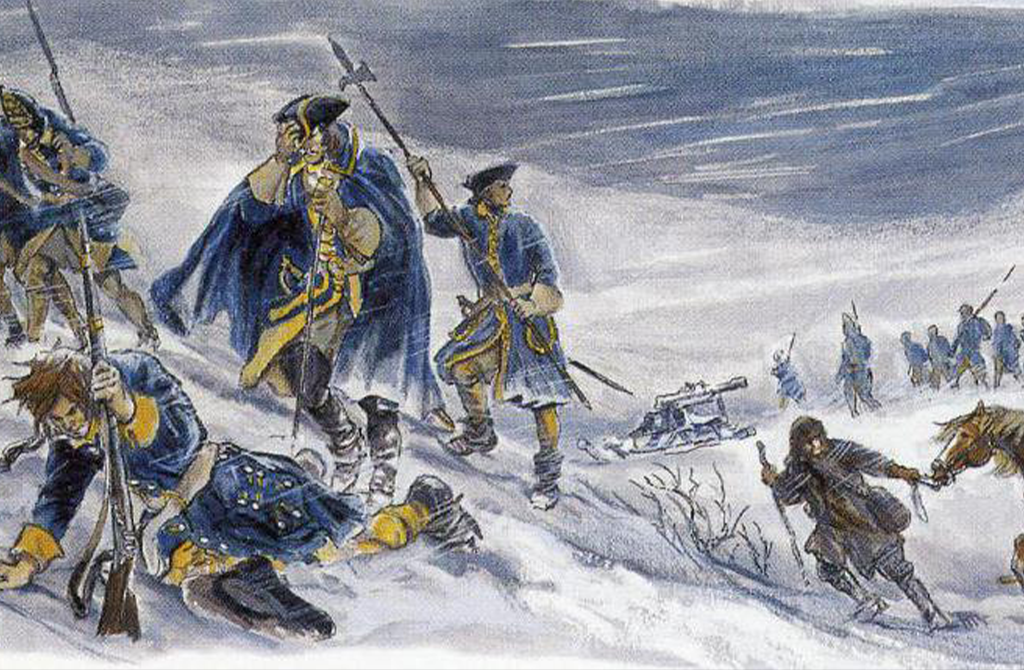
It was the ninth year of the great Northern war. Many villages and villages of Russia were burned, but the stubborn Swedes continued the onslaught. Only the coldest winter in Europe for the last five centuries stopped them. In one night alone, the Swedish side suffered enormous losses-about two thousand people froze to death, having neither sufficient food nor fire to heat. So Russian "General frost" taught an excellent lesson to the enemy.
Case four: French cavalry storm fleet
Nothing like this has ever happened in world history: in early 1795, the French cavalry was able to capture the Dutch fleet. It happened only because the sea off the coast of the Dutch island of Texel banal frozen due to record low temperatures.
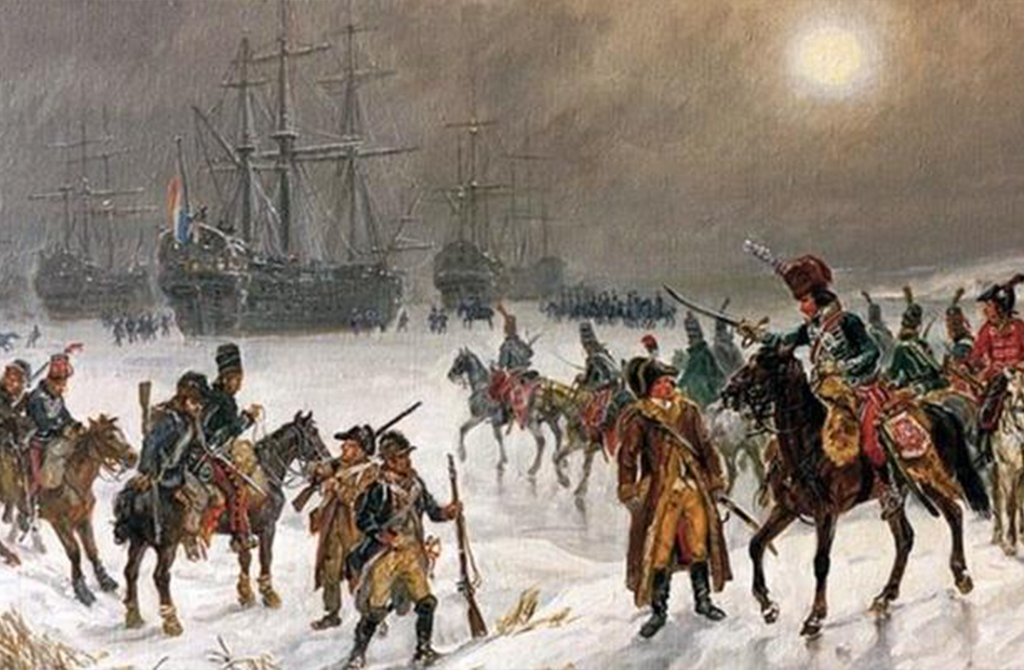 French cavalry remained simply to approach the ships on the ice and effortlessly capture the enemy. The affair ended without bloodshed: the Dutch were ready to surrender, as they learned that the revolutionaries in France had already won the war.
French cavalry remained simply to approach the ships on the ice and effortlessly capture the enemy. The affair ended without bloodshed: the Dutch were ready to surrender, as they learned that the revolutionaries in France had already won the war.
Case five: dust storm halted U.S. rescue operation
The element is able to cope with the most modern weapons and the most trained troops. So it happened in the late 70 - ies of the last century, when American soldiers were unable to complete the special operation to free the hostages in Tehran. Because of the powerful sandstorm, the US could not lift helicopters into the air. The operation had to be curtailed due to disorientation of units and loss of communication.
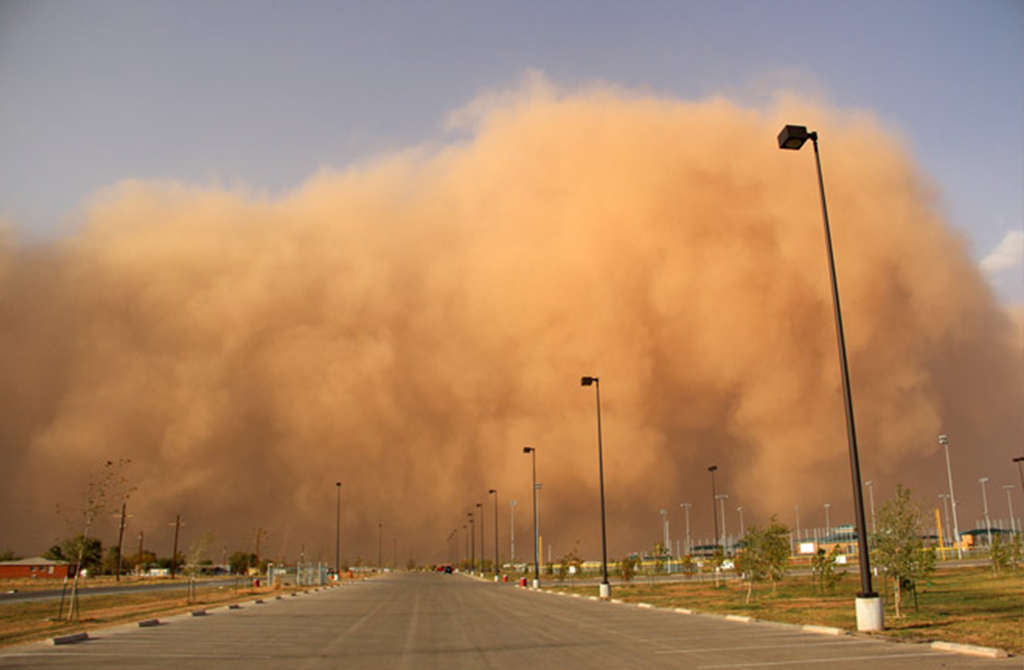
These cases in full least prove-nature can generously reward, and can not less generously and razmashisto to punish those who deemed themselves unnecessarily significant in a certain historical period. The will of the most authoritative ruler pales before the enormous possibilities of nature, in the face of which we humans are just miserable insects.
Author: Olga Lapina
The first case: Typhoon protects Japan from the attacks of the Mongols
This happened in the 13th century, when the Mongols actively seized new territories and easily conquered entire States. It was the turn of Japan-about 40 thousand Mongolian soldiers went a powerful fleet of almost a thousand ships to the shores Of the land of the rising sun. Suddenly, it was defended by nature. The strongest Typhoon sank almost a third of the entire Mongolian flee

A few years later, the Mongols returned, but they were again met with failure in the face of an even more powerful Typhoon. He dealt even more ruthlessly with the Mongol ships. It was then in the Japanese language entered the word "kamikaze", which translates as "divine wind", and the tradition of honoring the gods responsible for the forces of nature.
Case two: an island that didn't want to belong to anyone
At the end of the last century, a conflict broke out between India and Bangladesh. Both countries claimed a small island that appeared in the ocean 50 years before the events described. There was nothing remarkable in this land, but the States certainly wanted to plant their flag there.

Nature had her own way: the island slowly but steadily began to sink back into the ocean waters. Already in our time, in 2010, he finally disappeared from the face of the earth, leaving both countries "nose".
Case three: the coldest Russian winter dealt with the superpower
About Russian winter compose legends. Foreigners are sure that the inhabitants of one-sixth of the land even in the summer do not part with valenoks, and in winter there are such frosts that bears resort to bask to people from the forest. In the early 18th century, the frivolous Swedes, representatives of one of the most powerful at the time of the world powers, decided that they knew enough about winter to make another hitchhiking capture of Russian lands.

It was the ninth year of the great Northern war. Many villages and villages of Russia were burned, but the stubborn Swedes continued the onslaught. Only the coldest winter in Europe for the last five centuries stopped them. In one night alone, the Swedish side suffered enormous losses-about two thousand people froze to death, having neither sufficient food nor fire to heat. So Russian "General frost" taught an excellent lesson to the enemy.
Case four: French cavalry storm fleet
Nothing like this has ever happened in world history: in early 1795, the French cavalry was able to capture the Dutch fleet. It happened only because the sea off the coast of the Dutch island of Texel banal frozen due to record low temperatures.
 French cavalry remained simply to approach the ships on the ice and effortlessly capture the enemy. The affair ended without bloodshed: the Dutch were ready to surrender, as they learned that the revolutionaries in France had already won the war.
French cavalry remained simply to approach the ships on the ice and effortlessly capture the enemy. The affair ended without bloodshed: the Dutch were ready to surrender, as they learned that the revolutionaries in France had already won the war.Case five: dust storm halted U.S. rescue operation
The element is able to cope with the most modern weapons and the most trained troops. So it happened in the late 70 - ies of the last century, when American soldiers were unable to complete the special operation to free the hostages in Tehran. Because of the powerful sandstorm, the US could not lift helicopters into the air. The operation had to be curtailed due to disorientation of units and loss of communication.

These cases in full least prove-nature can generously reward, and can not less generously and razmashisto to punish those who deemed themselves unnecessarily significant in a certain historical period. The will of the most authoritative ruler pales before the enormous possibilities of nature, in the face of which we humans are just miserable insects.
Author: Olga Lapina
Read more
July 31, 2024
April 12, 2024
April 5, 2024